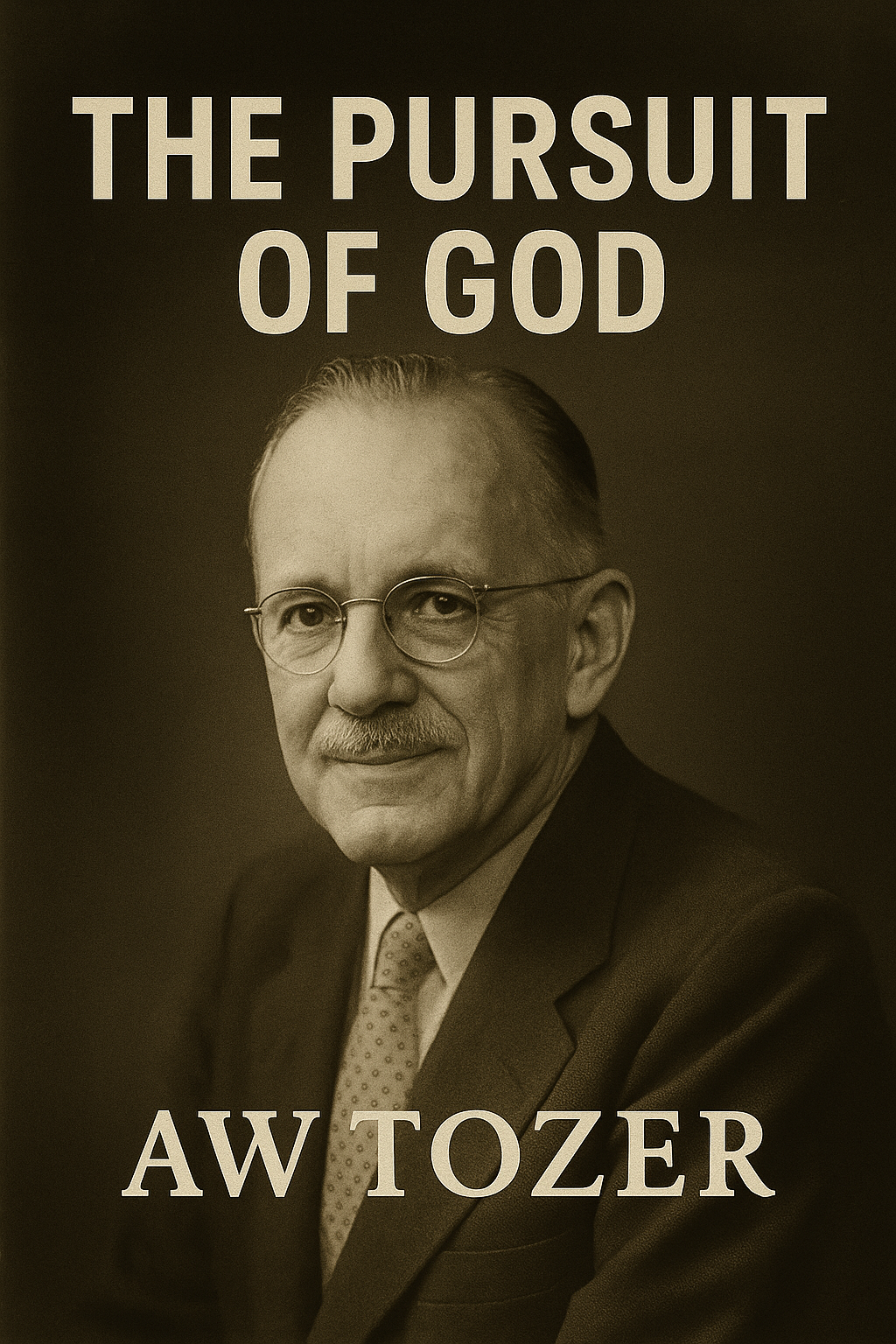
Contents
Tozer's Legacy
Though Tozer had little formal schooling, his intellectual and spiritual hunger drove him into deep personal study. He was largely self-taught, reading voraciously from the Church Fathers, Christian mystics like Bernard of Clairvaux and Meister Eckhart, and reformers like Luther and Calvin. His theological development came not from seminaries but from solitude, prayer, and books. Over time, he taught himself basic Greek so he could engage the New Testament more directly. His approach to Greek was practical - not academic - and aimed at clarity of meaning, not scholarly display. He had little interest in impressing others. He wanted to hear what the text actually said.
In his pastoral roles, especially during his decades at Southside Alliance Church in Chicago, Tozer frequently stirred both devotion and division. His sermons often cut against the grain of comfort and conformity, calling his listeners to a deeper life of surrender. Many responded with reverence, sensing his authenticity. Others bristled. Tozer refused to soft-pedal the cost of discipleship or flatter the religious establishment. His sermons were more like surgical strikes than motivational talks. He often spoke out against materialism, denominational pride, and superficial worship. Some in leadership grew uneasy with his tone, calling it too sharp or too mystical. His popularity with ordinary believers often shielded him, but not always.
Trouble followed him not because he was contentious, but because he was unwavering. He would not play political games, nor did he care to entertain powerbrokers. His independence often irritated denominational leaders, especially when he challenged the Alliance's growing entanglement with cultural trends and pragmatic methods. He viewed much of modern evangelicalism as "religious flesh" - a human effort to do divine work without the divine Presence. When pressured to tone down his critiques, he refused. His loyalty was to God alone, not to his paycheck or platform. As a result, he was both revered and resisted within his own denomination.
Tozer's spiritual discipline matched his preaching. He spent long hours in prayer and solitude, sometimes entire mornings alone in his church sanctuary before the day began. He read Scripture not as a theologian parsing systems, but as a soul desperate to encounter the living God. His study of Greek was not about mastering language for prestige, but for piercing through poor translations and religious varnish. He believed most Christians had settled for a second-hand faith built on slogans, and he saw it as his duty to awaken them. This earned him a reputation as both a prophet and a troublemaker.
In the end, Tozer was a pastor who could never be fully claimed by the institution he served. His writings outlasted his conflicts. Though he occasionally faced pressure, loss, and exclusion, he never lost his clarity. His legacy lives on not because he fit in, but because he didn't. He carried the burden of the lonely prophet - always pleading with the Church to come out of the fog of religion and into the blazing light of real encounter.
Lord, teach me to listen. For a long time, I have been listening to the world—its promises, its threats, its flattery, its criticisms. I have also been listening to my own heart—its desires, its fears, its rationalizations. Now, I want to listen to You. Quiet the other voices, Lord, that I may hear Yours above the noise. Amen.